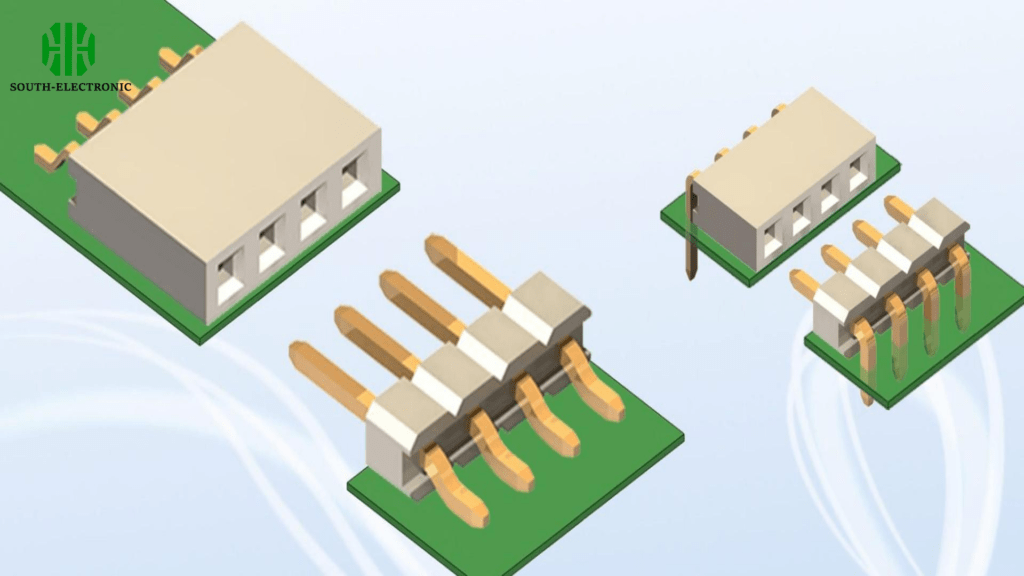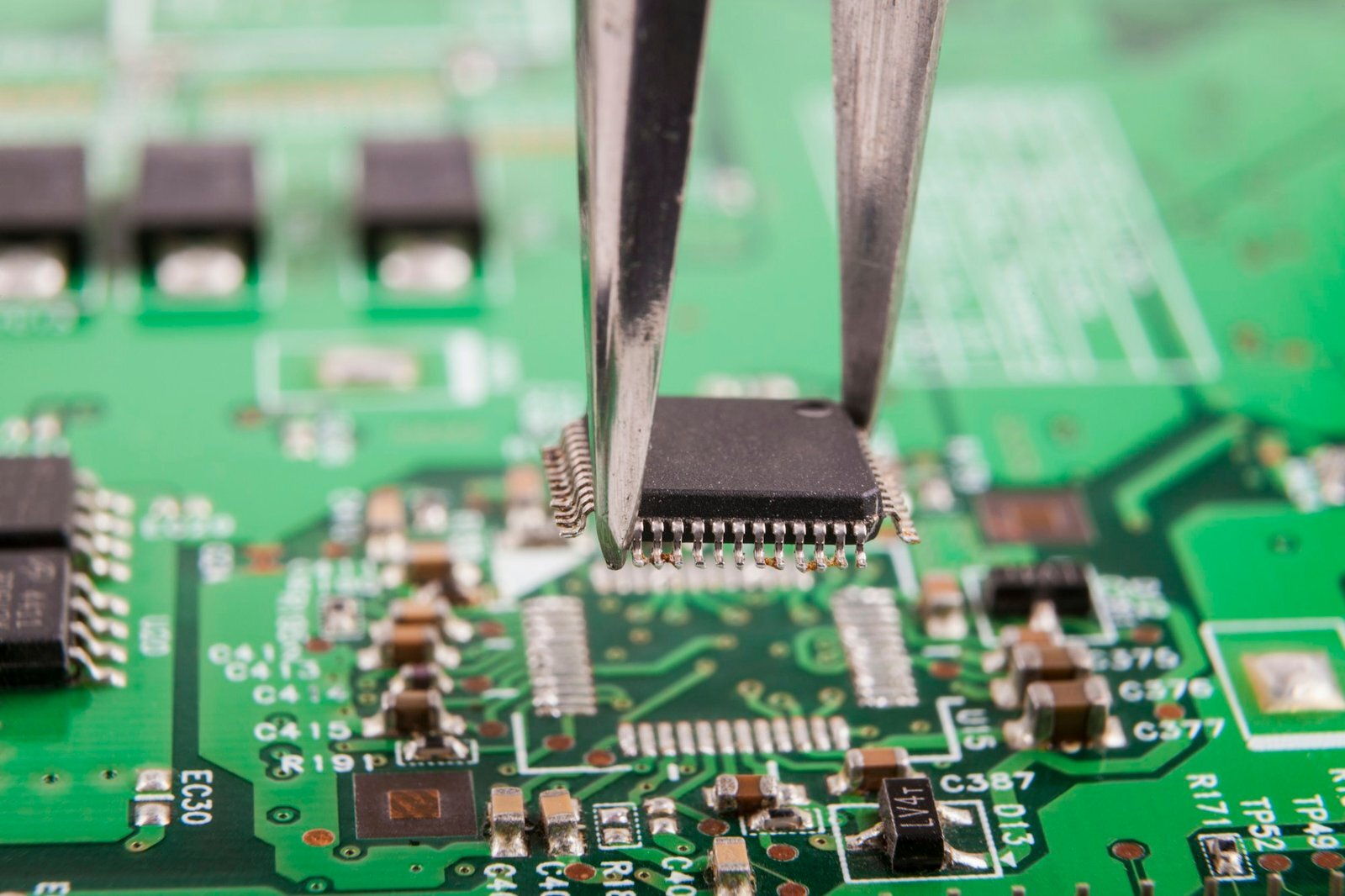What is a PCB Connector?
A PCB connector is an interface that allows electronic components to communicate by connecting printed circuit boards (PCBs) within a device or system. These connectors enable the transfer of signals, power, and data between different parts of an electronic assembly, ensuring the efficient functioning of the overall system.
What are the Types of Connectors?
PCB connectors can be broadly categorized into the following types:
| Category | Description |
|---|---|
| Wire-to-Board | Connect individual wires to a PCB. |
| Board-to-Board | Connect one PCB directly to another. |
| Wire-to-Wire | Connect two wires together, often used in cabling. |
| Flexible | Includes FFC/FPC connectors for connecting flexible flat cables to PCBs. |
| Specialized | Includes USB, HDMI, RF, and other connectors designed for specific applications. |

Common PCB connectors include Wire-to-Board connectors and FFC/FPC connectors, Board-to-Board connectors used in power supplies and signal transmission in consumer electronics.
How Do You Connect PCBs Together?
To connect PCBs together, you can use the following methods:
- Board-to-Board Connectors: These connectors allow two PCBs to be directly connected, usually via male and female mating connectors.
- Ribbon Cables and IDC Connectors: Flat ribbon cables with insulation displacement connectors can link multiple PCBs, providing a flexible connection.
- Edge Connectors: PCBs can be designed with edge connectors that slot into corresponding sockets, commonly seen in computer memory modules.
- Wire Harnesses: Custom wire harnesses can connect PCBs, ensuring organized and reliable wiring.
- Flexible Printed Circuits (FPC): FPCs can bridge gaps between PCBs, offering a thin and flexible connection solution.
- Backplane Systems: In complex systems, backplanes provide a means to interconnect multiple PCBs, often seen in telecommunications and server applications.

How Can I Prevent PCB Connector Corrosion?
Preventing PCB connector corrosion involves several strategies:
- Use Corrosion-Resistant Materials: Select connectors made from materials resistant to corrosion, such as gold-plated contacts.
- Apply Protective Coatings: Use conformal coatings or other protective films on the PCB and connectors to shield them from moisture and contaminants.
- Ensure Proper Sealing: In harsh environments, use connectors with sealing features to prevent exposure to corrosive elements.
- Maintain a Controlled Environment: Store and operate electronic devices in controlled environments with low humidity and minimal exposure to corrosive substances.
- Regular Inspection and Maintenance: Periodically inspect connectors for signs of corrosion and clean them using appropriate methods and solutions.
By following these practices, you can enhance the longevity and reliability of PCB connectors in your electronic systems.



